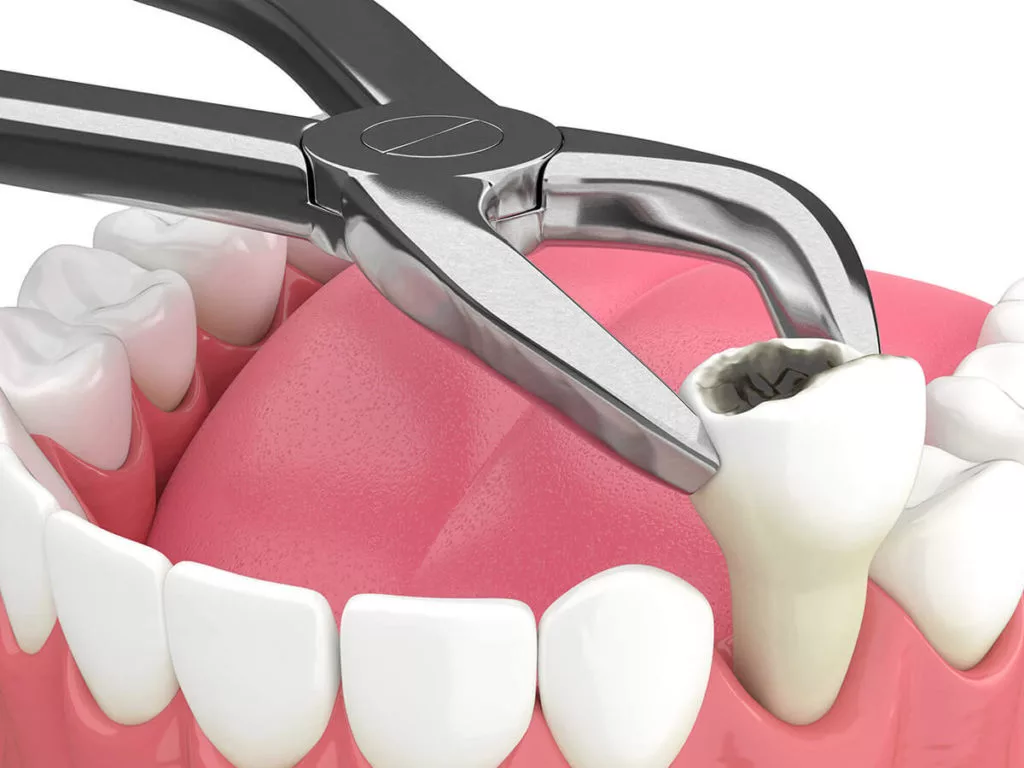
Even though teens and some adults frequently have their wisdom teeth extracted, there are times when an adult may require tooth extraction. This is when searching for the best dental clinic in Malda comes in handy.
Teeth can be extracted for a variety of reasons, including when they are badly decayed, infected, or crowded. Some people may need one or two teeth extracted before they can wear braces. People preparing for an organ transplant or undergoing chemotherapy may need to have their damaged teeth extracted as an extra precaution.
Why are Tooth extractions recommended?
A dentist or oral surgeon in the best dental clinic in Malda can pull a tooth in one visit using local, general, or intravenous anesthesia, or a combination of these. Taking out teeth that are visible is a simple process. Teeth that are broken, chipped or damaged need a more extensive treatment plan.
Who can perform Tooth extractions?
Both dentists and oral surgeons that are the best dental doctor in Malda are able to remove teeth, but dentists are always the best option in every situation.
How is Tooth extraction conducted?
To remove a tooth, simply pull it out of its socket. A ligament usually wraps around the tooth and holds it in place. First, the socket is enlarged. The tooth is then extracted by disengaging it from its ligament and pulling it out of the mouth.
The bone in the tooth root socket is malleable and easily bent. The bone is compressed when the tooth is rocked back and forth against the socket walls. Enough space is created over time for the tooth to move out of the ligament.
What are the benefits of Tooth extractions?
- Put an end to the pain you’ve been going through.
- Eliminating the cause of the problem (the infection), in order to preserve the teeth that are still present in the mouth.
- Prepare the ground for a jaw-dropping smile.
- You need to take special measures to protect both your teeth and your gums.
What are the possible complications of Tooth extractions?
Potential dangers after surgery.
- After having a tooth pulled, you may feel pain, swelling, bruising, bleeding, or even get an infection.
- Teeth that are not in the right place
- There was a crack in the chewing.
- A slow way to get better.
- Empty socket
- Ways to tell that a nerve has been hurt.
- maxillary sinusitis is caused by the maxilla being out in the open.
Conclusion
Make an appointment with the dental surgeon in Malda as soon as possible if you are experiencing persistent pain that has not subsided after several days or if you are exhibiting any of the telltale signs of infection, such as fever, pain, and pus or drainage from the incision. Your dentist will be able to determine whether or not you are suffering from an infection.
Apollo Dental, Malda Call 1800 1020 288 to book an appointment OR click on this link
Dental surgery recovery takes 7–14 days, depending on the therapy and patient. As gum bone develops, recovery may take longer.
Without filling gaps, teeth move and become less stable. Veneers, bridges, and dental implants may fix grin gaps.
The gum removal will clot. Protecting the blood clot helps heal. Dry sockets occur when blood clots break away, exposing the gum. Bad breath, pain, and delayed healing may occur from improper socket cleaning.



















































